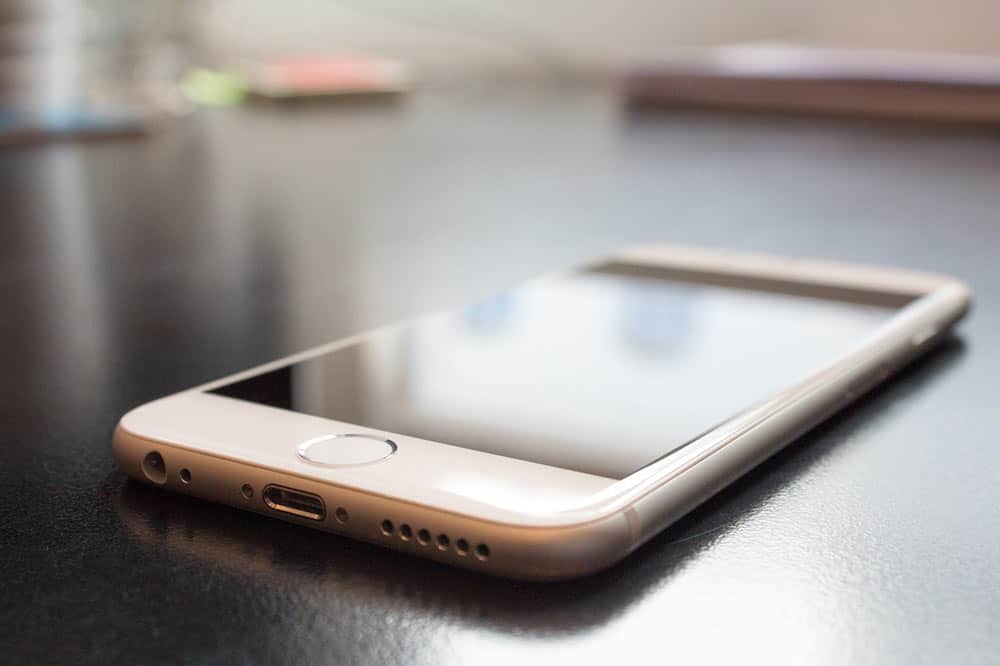By Brad Haddin, tech blogger
There are numerous security concerns that smartphone users should pay attention to. But what they actually don’t realise is the significance of using sound security practices.
People are either less bothered about smartphone security or they pretend to be unaware of the potential threats.
The thought on how valuable the data in their smartphone is, and what would be the consequences if the data gets deleted, leaked or even sold never arises in their minds.
Take a look at this research: ‘67% of organisations had a data breach as a result of employees using their mobile phones to access the company’s data.’
It’s high time for individuals to understand the fact that cell phones are no longer just cell phones; they have become smarter.
Business professionals and individuals are often found using public wi-fi hotspots handling their online banking transactions, travel booking agendas, sharing trading information via email.
Doing all this can leave their personal data open to attack and giving opportunity to cyber criminals to take advantage of the situation. The cyber criminals can easily hack their identity, credit card numbers, and other related information.
Besides using a public wi-fi network, smartphones being misplaced or even stolen is another scenario where cyber criminals have the advantage. This type of situation puts their personal data at huge risk.
According to Consumer Report, 2.1 million smartphone were stolen in America alone in 2014, with another 3.1 million reported lost. On the other hand, 742,000 smartphones were stolen in England and Wales in 2013, according to official figures.
Luckily, there are preventive measures available to ensure your online security while using a smartphone.
Use a VPN on public wi-fi
Public wi-fi hotspots are extremely vulnerable to hack attacks and data theft. While using a public wi-fi hotspot at any location, you must use a virtual private network (VPN). Without a VPN your online security is gravely compromised. Using a VPN service helps you encrypt your online data and hides your location.
Encrypt calls and chat
To keep you chats and calls secure while you share important Business information is crucial if you care about your online privacy.
Viber, WhatsApp, Snapchat and Facebook messenger etc. all have certain level of encryption available. Still on these encrypted channels, whether your chat or call remains secure depends on how hard it is for a hacker to breach the app.
Besides using a public wi-fi network, smartphones being misplaced or even stolen is another scenario where cyber criminals have the advantage
Quite a few encrypted chat apps are available for those who do not want their chats and calls to be traced or tracked by any cyber criminal.
If you are planning to encrypt live phone calls then Signal is best for that purpose. The app is free and provides encrypted instantaneous messaging and voice calling.
Use a password manager
Strong passwords help you to better protect your online privacy. But memorising all the different combination of passwords can be quite hard. This is where a password manager comes in handy.
A password manager enables you to encrypt and stock up all your passwords into a single app so that you only have to memorise only a single password. LastPass and master password both do this job quite well.
Use iCloud and Android device manager
Android and iOS have phone tracking features that need limited setup to use. Turn on and enable Find My Phone app and create an iCloud account on iPhones. Then permit Google to track your location on an Android Phone. These features help you in locating the lost smartphone device with ease. Also, they will allow the smartphone to return to factory settings.
Saving your device IMEI number somewhere is also a helpful practice. In case, your smartphone gets stolen lost or broken, this unique number helps police tracking down your phone much faster.
Use security apps
A number of security and privacy apps are available on iOS and Google app stores. We will not go through all of them, but some of our favorites are HTTPS Everywhere, Orbot (Tor for Android), Disconnect (anti-tracking), VeraCrypt (disk encryption), and a number antivirus apps. You can use any of the security apps available to ensure that your smartphone remains safe and sound wherever you are.
Always update the operating software

Brad Haddin
One of the best preventive measures you can take to safeguard your smartphone is to use updated software operating system. Remember to use the latest versions of software available.
Public wi-fi hotspots are extremely vulnerable to hack attacks and data theft
If it’s outdated, or needs and upgrade, go for it and upgrade the software operating system so that your smartphone remains safe from the data intruders.
So therefore, having the most up-to-date operating software, and having the latest smartphone is not enough.
What’s significant is that how you use that device. It is important to adopt to certain usage habits that ensure the safety of your online personal as well as financial data.
About the blogger
Brad Haddin is a avid tech blogger and loves to explore the latest trends in information technology.
He loves to contribute his writings on various tech blogs. When he is not writing, he travels to picturesque destinations and exotic locations.



